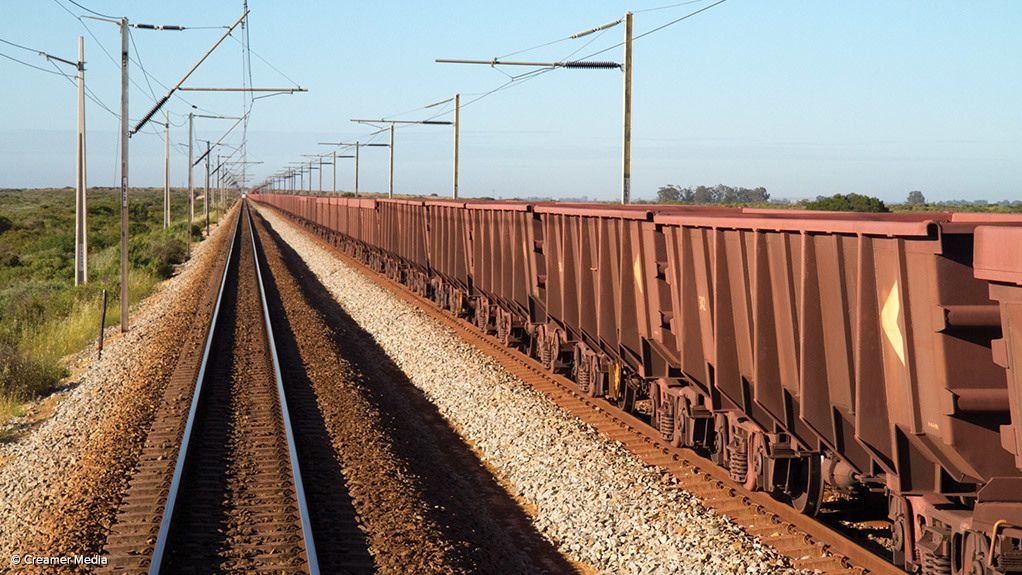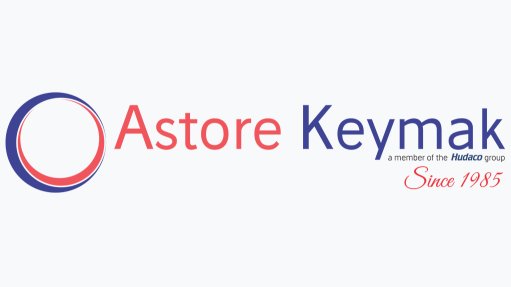Urgent fixes prioritised in rail revival funding plan


CRITICAL CHALLENGES The allocation of funds will first target the network's most pressing challenges.
State-owned rail freight company Transnet’s Rail Infrastructure Manager (TRIM) outlined a structured plan to raise the funding needed to revitalise South Africa’s deteriorating rail infrastructure.
The entity — which aims to mobilise capital through a combination of mechanisms, including additional debt financing, public-private partnerships and applications to the Budget Facility for Infrastructure — expanded on where it will allocate these funds, during its latest engagement with banking and asset management group Investec, on March 14.
The funding will address the most critical challenges across the network first, with TRIM outlining three focus areas that require urgent intervention: degraded infrastructure, constrained capacity and delayed maintenance. These areas will receive the bulk of the funding.
The estimated total cost of addressing these three core challenges is between R20-billion and R30-billion. TRIM aims to complete this work over a five-year period and plans to secure funding progressively throughout that time.
Degraded Infrastructure
TRIM currently manages over 21 000 km of railway tracks across South Africa, including the Ore, North, Container, Cape and North East corridors, as well as the Central Network. But the entity reported that more than 90% of this infrastructure, including tracks, signals and bridges, is in poor condition.
It stated that most of these assets are classified as being in an “impaired condition” or in the red zone, which TRIM refers to as a “degraded state”.
“Deteriorating levels of asset reliability and availability result in train delays, cancelled train slots, volume loss and eventual permanent capacity loss,” the rail manager explained.
TRIM identified assets such as train authorisation systems, signals and control systems; shunting yards; condition monitoring systems; security systems and weighing systems as the worst-performing components in need of immediate upgrades.
“Failure rates of the asset base are increasing. The majority of train authorisation systems are obsolete with some being more than 60 years old,” TRIM said.
Constrained Capacity
TRIM also warned that one of the biggest threats to the national rail system is its limited capacity to move goods, particularly in areas where demand is increasing as the infrastructure cannot keep pace.
Many railway lines are either outdated, under-maintained or not designed to accommodate the heavy freight volumes required. As a result, fewer trains are able to run, turnaround times are slower and critical economic opportunities are missed by both the public and private sectors.
Consequently, TRIM is working to create unconstrained capacity across the rail network, with a goal to move at least 250-million tonnes of freight a year by rail over the coming years.
Several key projects have already been launched to expand capacity. These include the operation of longer and heavier trains, such as the new 160-wagon train between Phalaborwa and Komatipoort, while the Waterberg coal line is being expanded, and development of the Mmamabula–Lephalale link with Botswana is progressing.
Additionally, TRIM is upgrading port access infrastructure to improve the flow of cargo between inland areas and ports. It is also constructing new loop extensions and sidings.
Moreover, work is under way to double key single-line tracks along high-volume freight corridors, with a prefeasibility study currently under way for the Gauteng province.
TRIM noted that timing of funding is critical. “If funding is delayed, capacity projects are also delayed, and cargo remains stuck on road networks or in storage. The upgrades must be planned and implemented [ahead of] demand to avoid further congestion and lost volumes.”
Delayed Maintenance
Owing to ongoing budget constraints, TRIM currently has a reactive approach to maintenance. This approach is contributing directly to the continued decline of the country’s rail network.
The entity reported that many rail system components are degrading faster than they can be repaired, which affects performance, introduces safety risks and leads to long-term infrastructural damage.
“Failure rates increase exponentially at the end of life of the asset, or for a poorly maintained asset,” TRIM explained. Therefore, the longer repairs are delayed, the more dangerous and costly the consequences.
TRIM thus stressed the importance of conducting maintenance before peak periods, as this would ensure that the network is fully functional when cargo must be moved. However, it acknowledged that this would require adequate planning and funding availability.
To prevent project delays, TRIM stated that maintenance funding must be secured at least 12 months before work is carried out, while contracts and material procurement must be finalised at least six months before the scheduled work, to avoid supply chain disruptions.
Immediate investment is also required in technology and systems such as condition monitoring tools and data collection equipment. These tools will help identify infrastructure issues before they result in significant failures.
Article Enquiry
Email Article
Save Article
Feedback
To advertise email advertising@creamermedia.co.za or click here
Press Office
Announcements
What's On
Subscribe to improve your user experience...
Option 1 (equivalent of R125 a month):
Receive a weekly copy of Creamer Media's Engineering News & Mining Weekly magazine
(print copy for those in South Africa and e-magazine for those outside of South Africa)
Receive daily email newsletters
Access to full search results
Access archive of magazine back copies
Access to Projects in Progress
Access to ONE Research Report of your choice in PDF format
Option 2 (equivalent of R375 a month):
All benefits from Option 1
PLUS
Access to Creamer Media's Research Channel Africa for ALL Research Reports, in PDF format, on various industrial and mining sectors
including Electricity; Water; Energy Transition; Hydrogen; Roads, Rail and Ports; Coal; Gold; Platinum; Battery Metals; etc.
Already a subscriber?
Forgotten your password?
Receive weekly copy of Creamer Media's Engineering News & Mining Weekly magazine (print copy for those in South Africa and e-magazine for those outside of South Africa)
➕
Recieve daily email newsletters
➕
Access to full search results
➕
Access archive of magazine back copies
➕
Access to Projects in Progress
➕
Access to ONE Research Report of your choice in PDF format
RESEARCH CHANNEL AFRICA
R4500 (equivalent of R375 a month)
SUBSCRIBEAll benefits from Option 1
➕
Access to Creamer Media's Research Channel Africa for ALL Research Reports on various industrial and mining sectors, in PDF format, including on:
Electricity
➕
Water
➕
Energy Transition
➕
Hydrogen
➕
Roads, Rail and Ports
➕
Coal
➕
Gold
➕
Platinum
➕
Battery Metals
➕
etc.
Receive all benefits from Option 1 or Option 2 delivered to numerous people at your company
➕
Multiple User names and Passwords for simultaneous log-ins
➕
Intranet integration access to all in your organisation



















